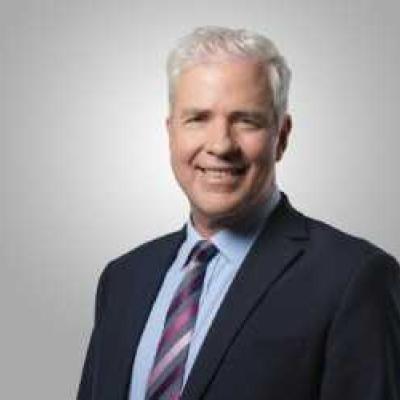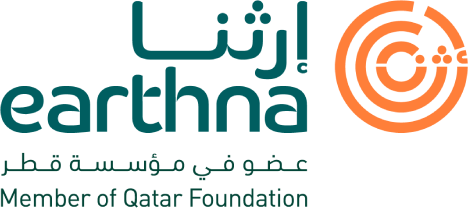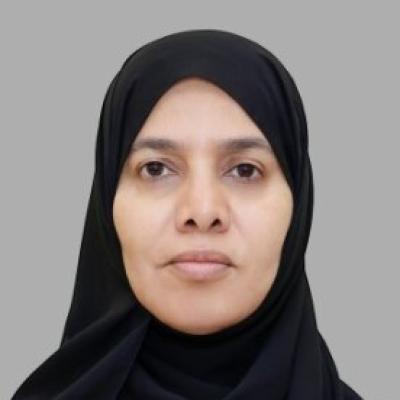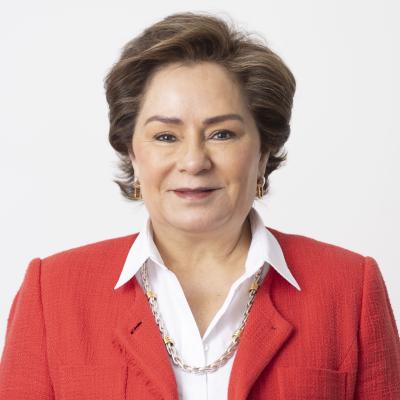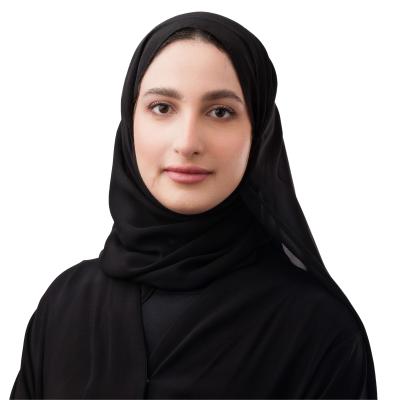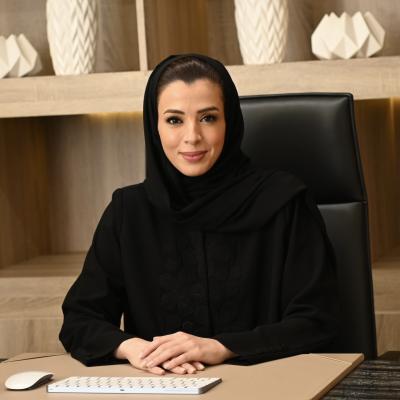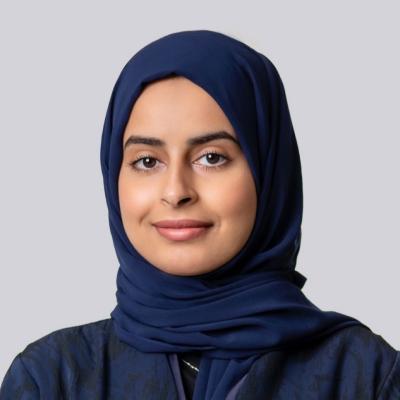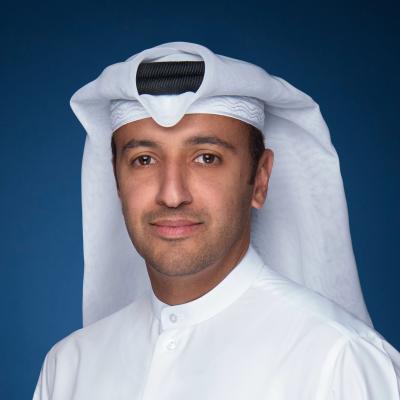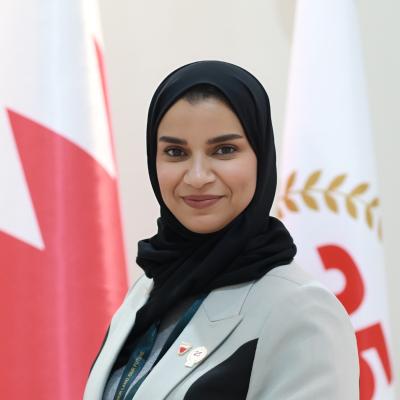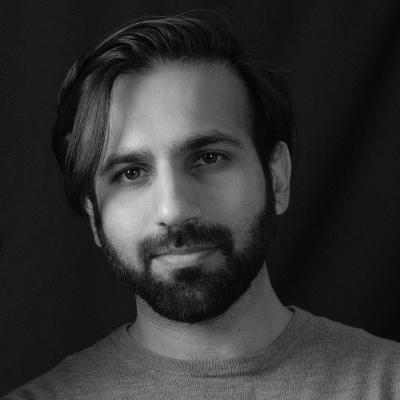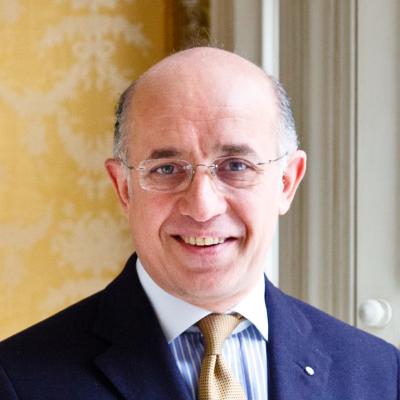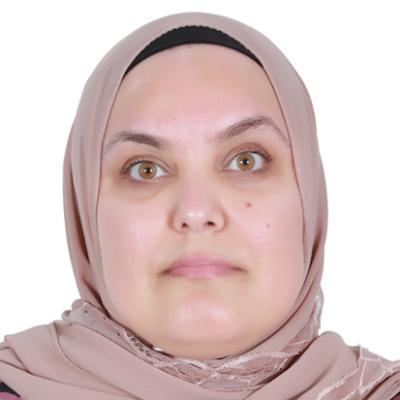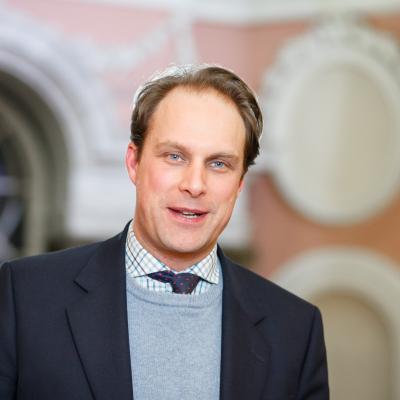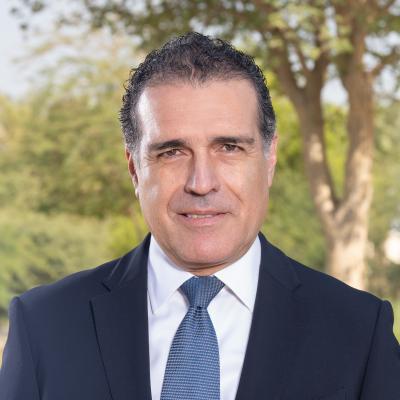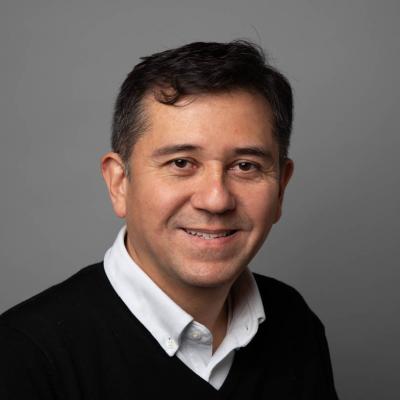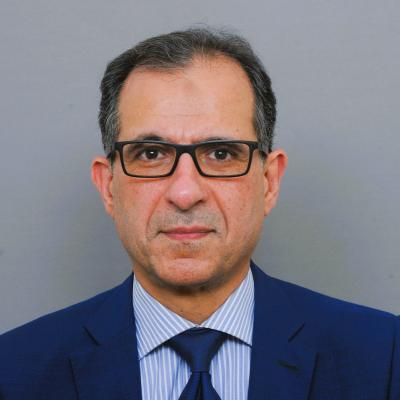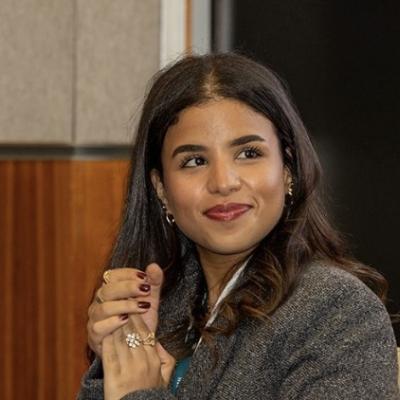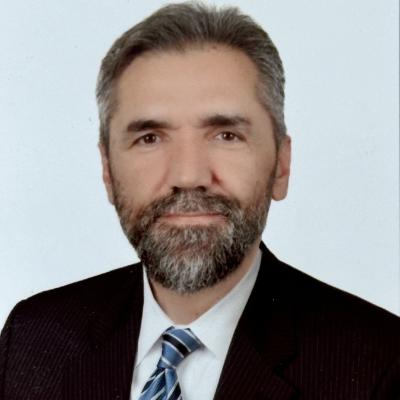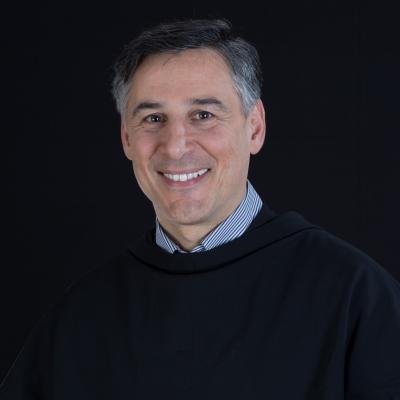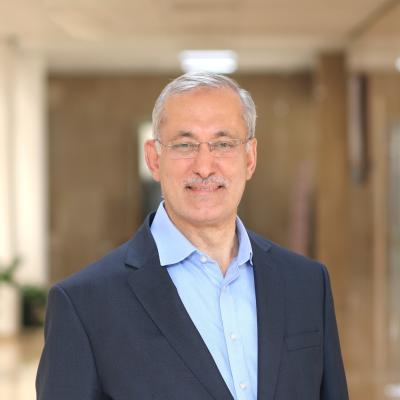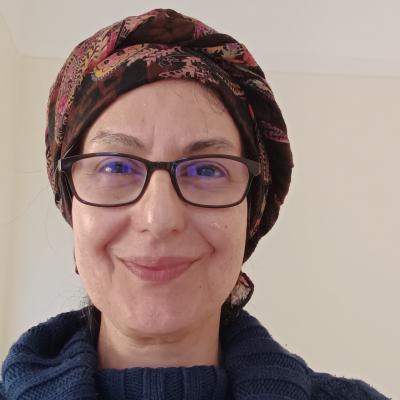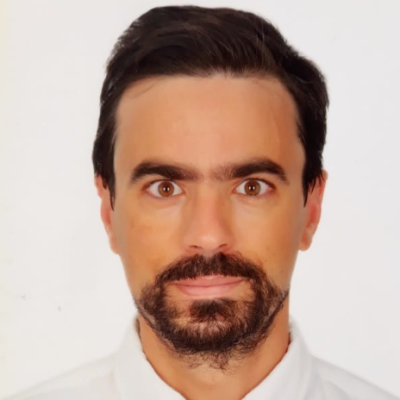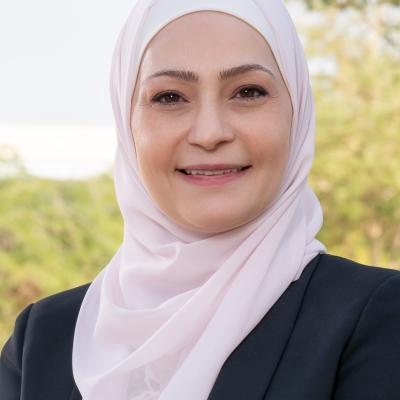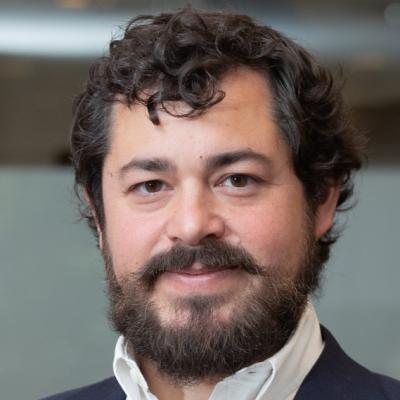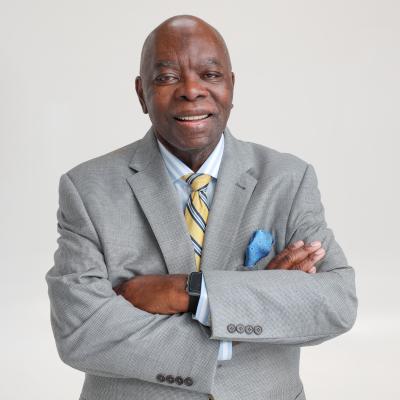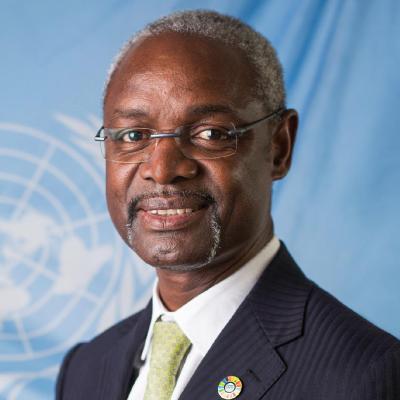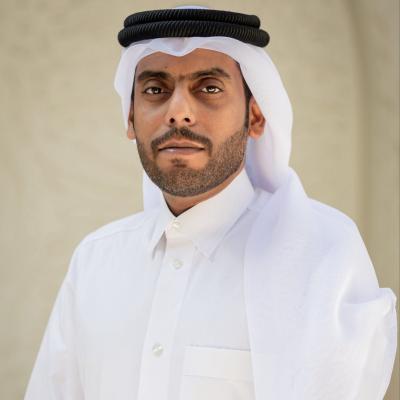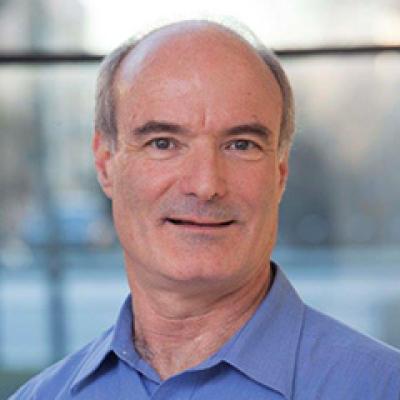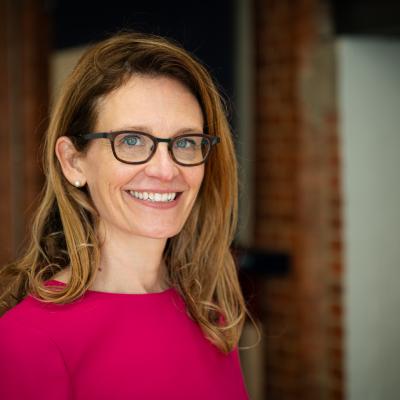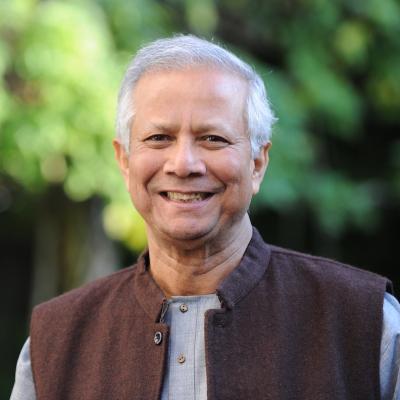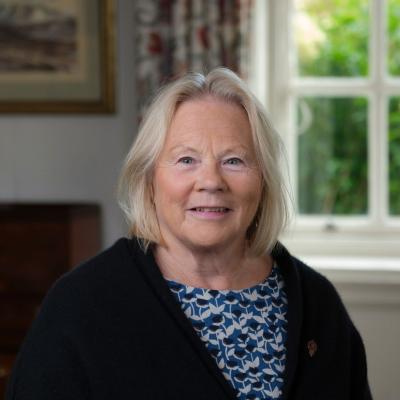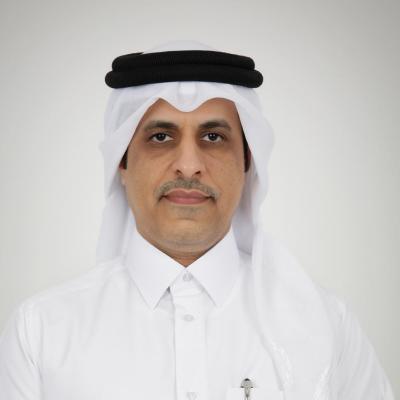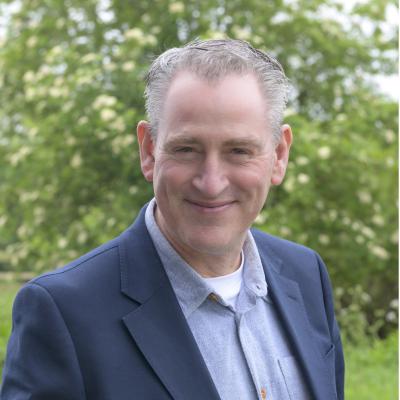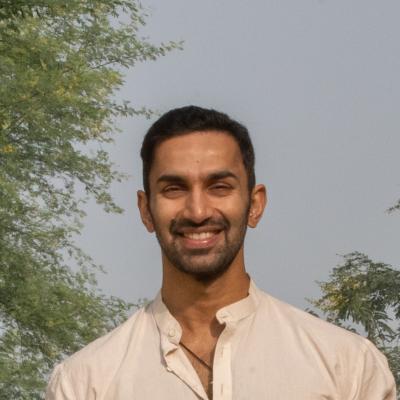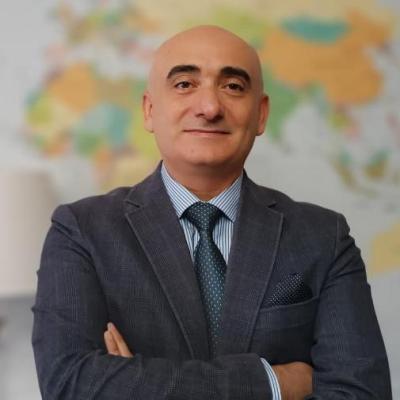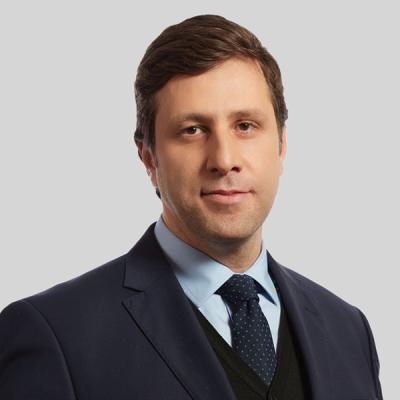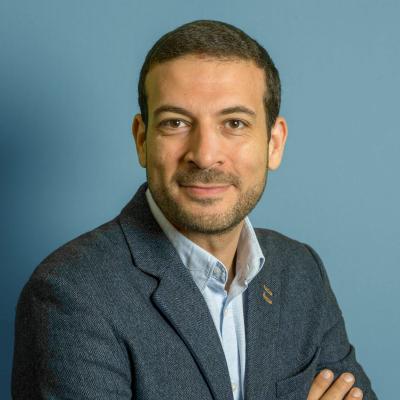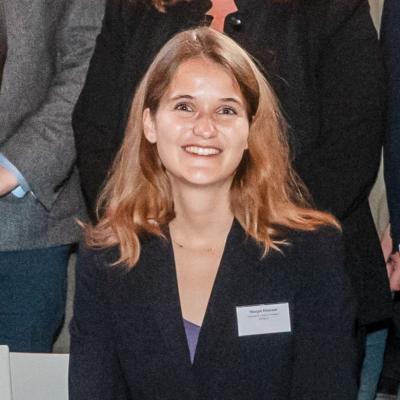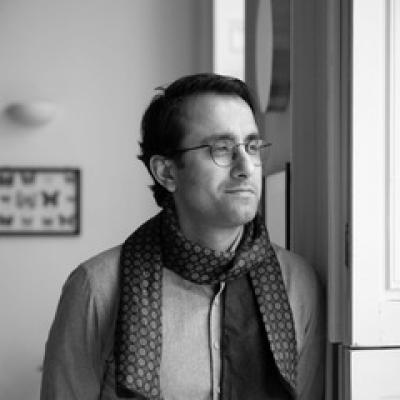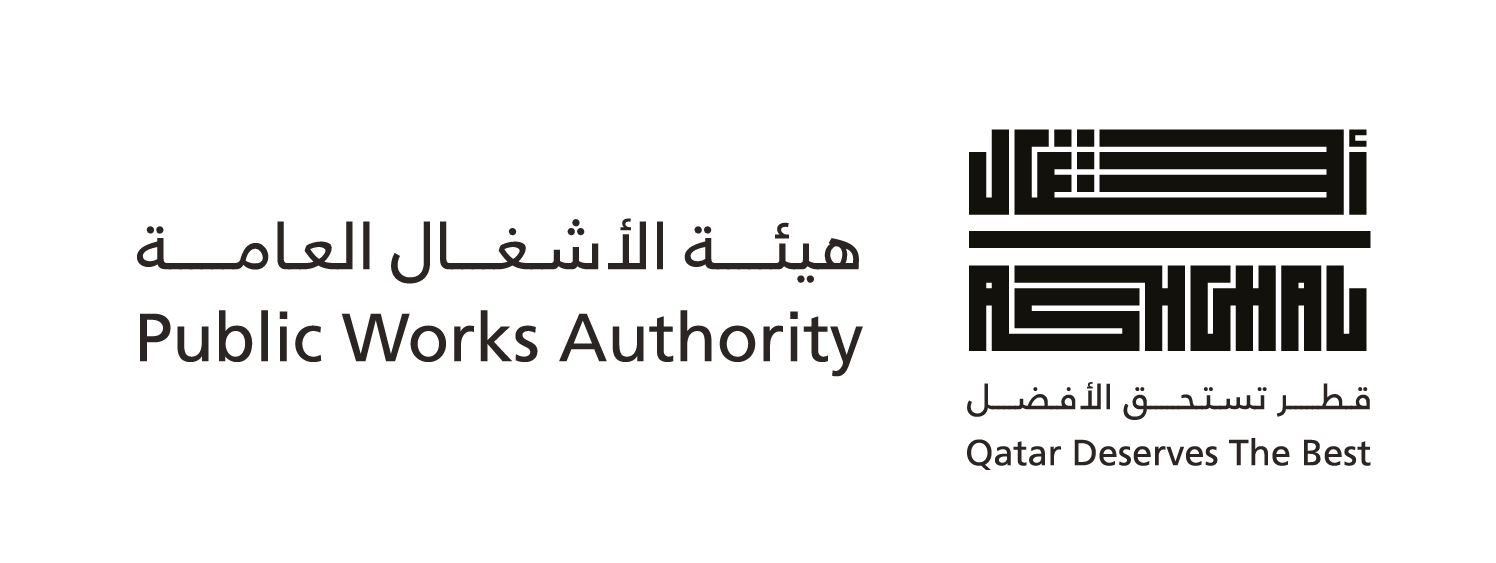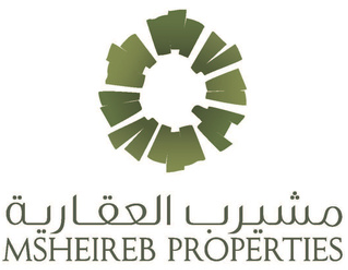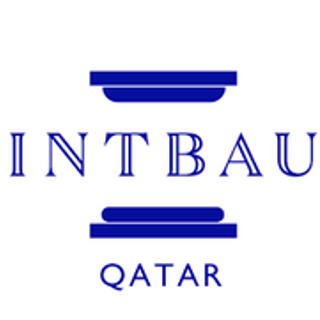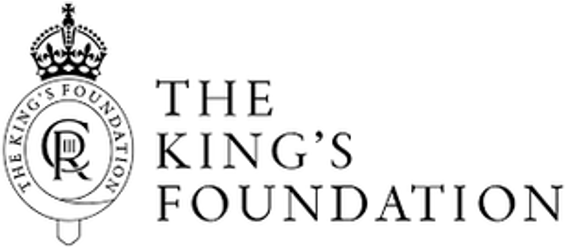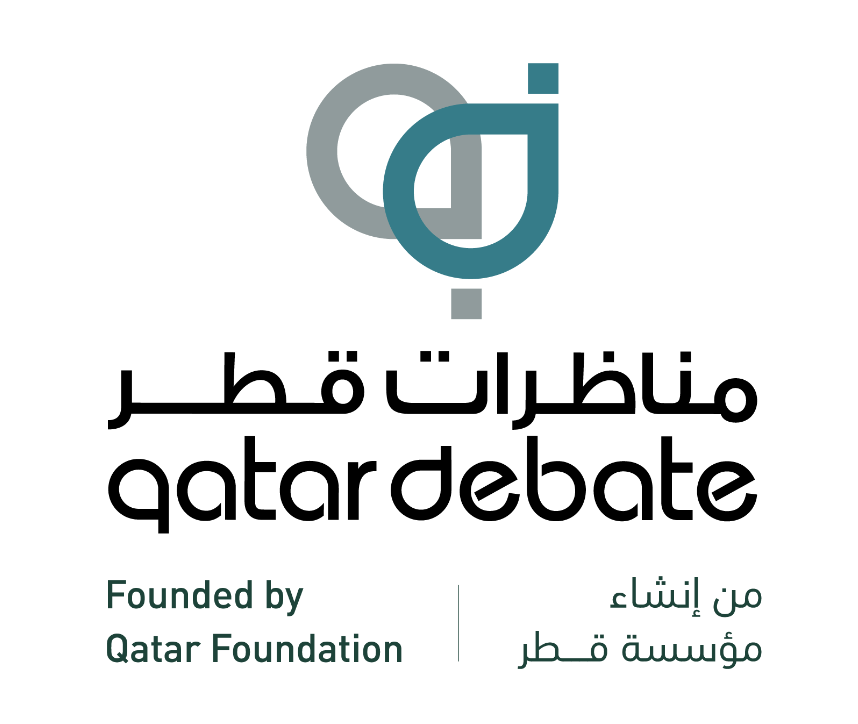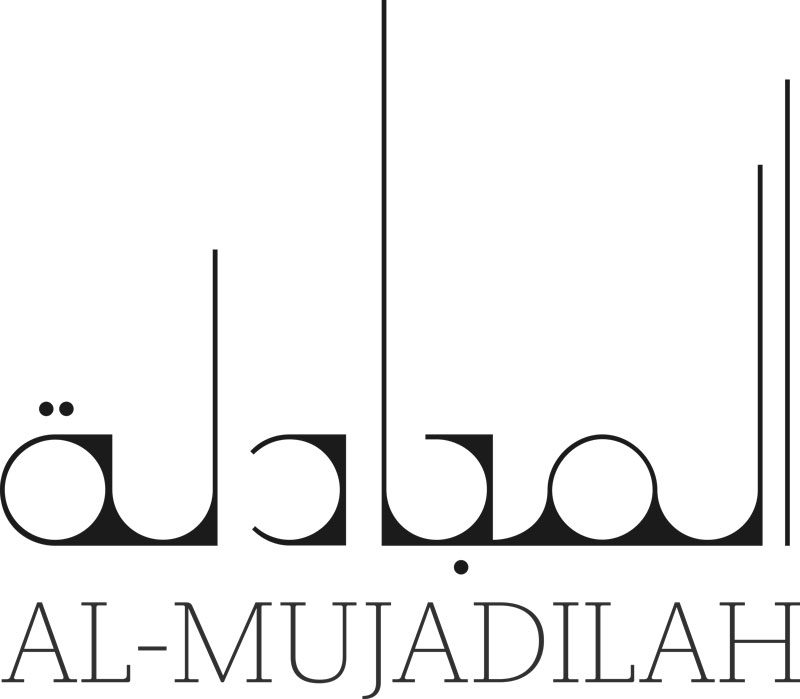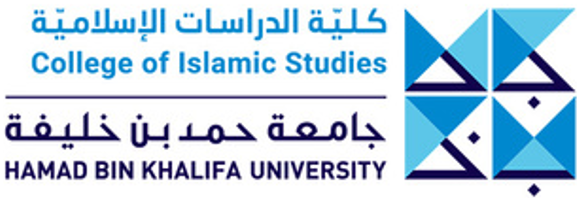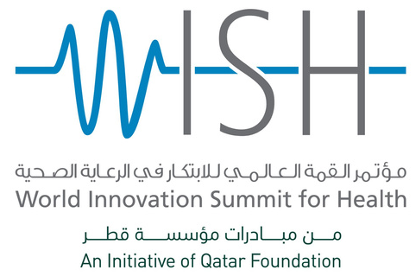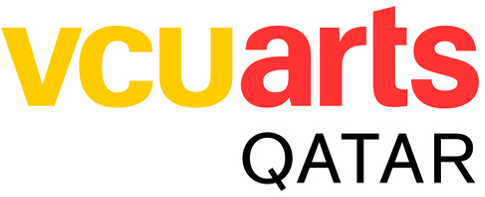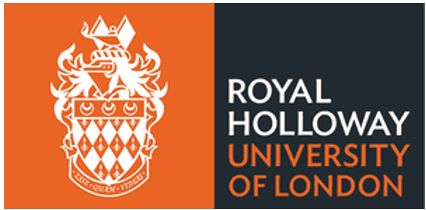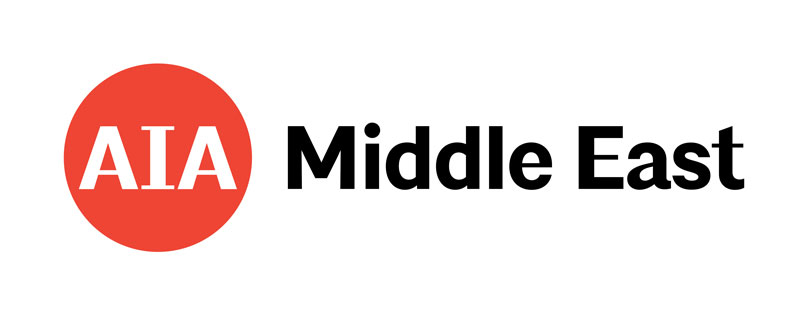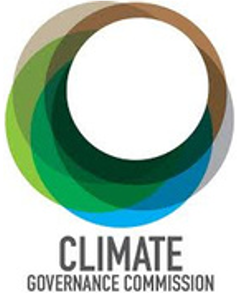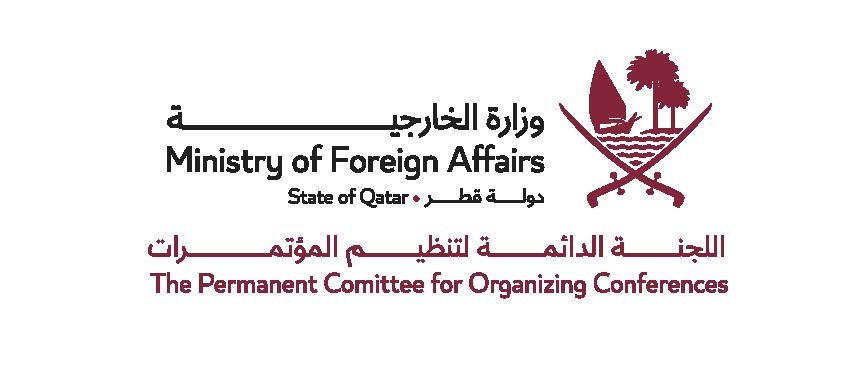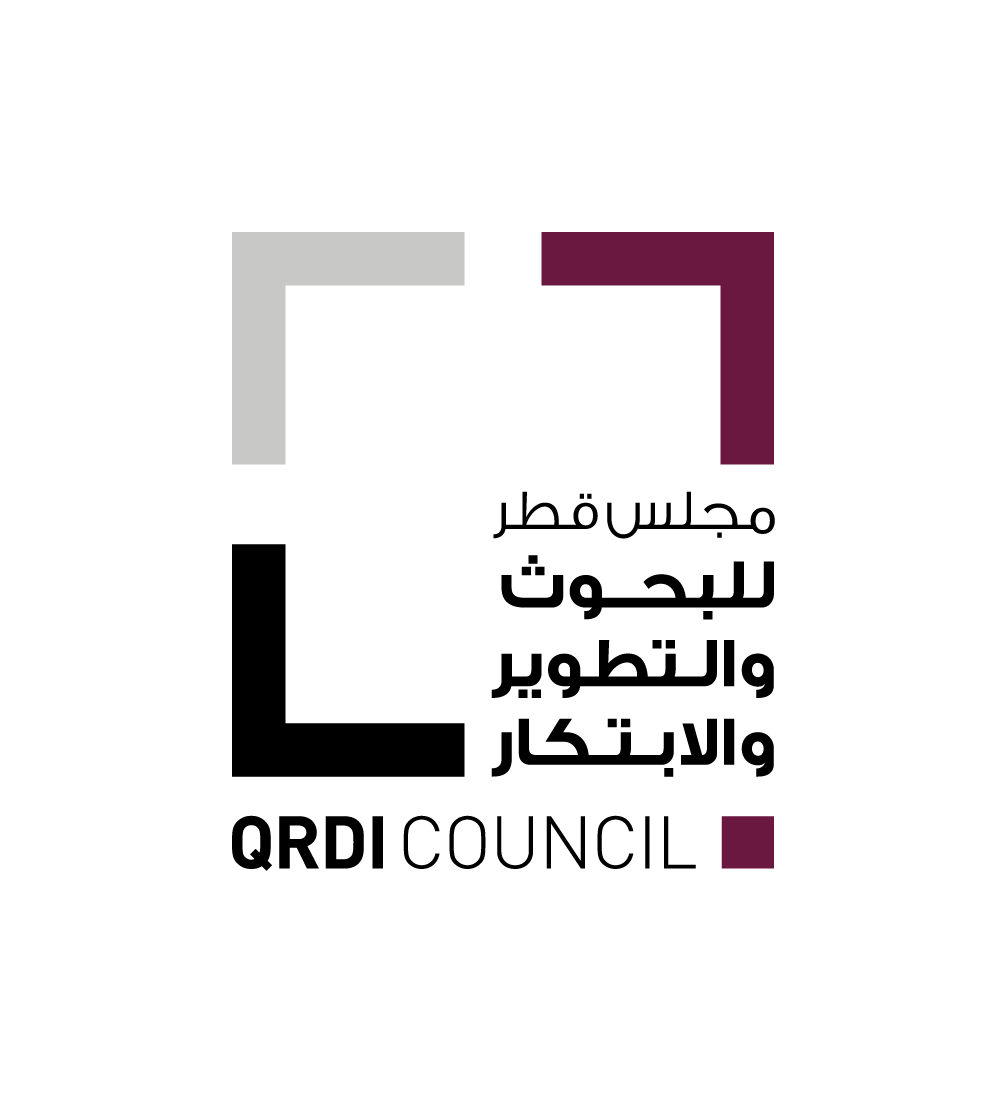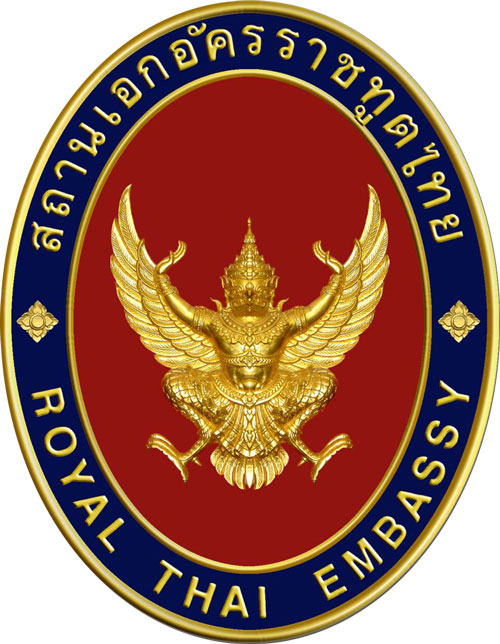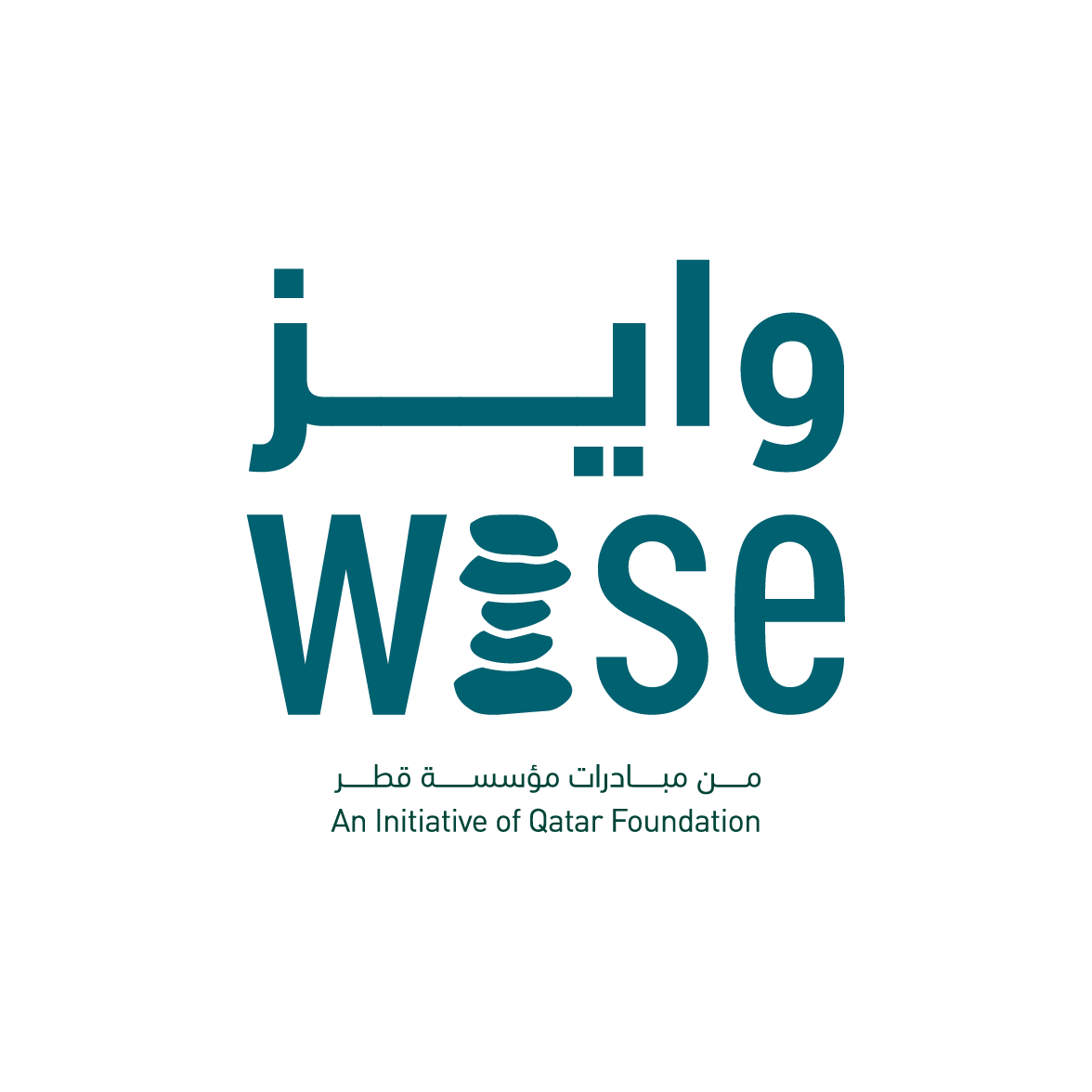Overview
The second edition of the Earthna Summit under the theme “Building our Legacy: Sustainability, Innovation and Traditional Knowledge” highlights Qatar’s commitment to advancing sustainability in hot and arid environments, by drawing on its rich cultural heritage and unique ecosystems.
The Summit serves as a platform for exploring how both traditional knowledge and innovation approaches can inform modern sustainability, shaping a more resilient and inclusive future.
It features an expert track for professionals, held during the day at the Mandarin Oriental Hotel and Bin Jelmood Museum.
In the late afternoon and evening, the Earthna Village in Barahat Msheireb hosts a community-driven exhibition space with engaging activations for all ages and a series of inspiring talks and discussions led by various experts and innovators to foster dialogue and inspiration.
Summit Registration
Register now to secure your spot at the Summit.
Earthna Village
Join us at Barahat Msheireb for a set of exciting talks and immersive experiences.
Open to the public
Summit Program
Across the two days:
The Earthna Summit 2025 will explore a wide range of topics through presentations, interactive panel discussions, workshops and roundtables.
Additionally, The Earthna Village in Barahat Msheireb will host a series of inspiring talks and discussions led by various experts and innovators to foster dialogue and inspiration.
A number of side events by partners will host a series of networking activations and discussions lead by local stakeholders.
Vital water sources are vanishing. What's life going to be like for over 2 billion people in countries threatened by the global water crisis? Stark warnings that half the world’s population could face water scarcity in just a few years means we must find solutions now.
For centuries, local populations in hot and arid regions and countries like Qatar, have thrived in some of the planet's harshest climates. They developed innovative water management systems that withstood the test of time. Traditional knowledge provides us with a legacy of ingenuity and resilience; however this is not sufficient and we must integrate technological solutions that build on this knowledge . This session will explore how the combination of these practices could shape practical solutions and adaptation strategies for the future.
Speakers
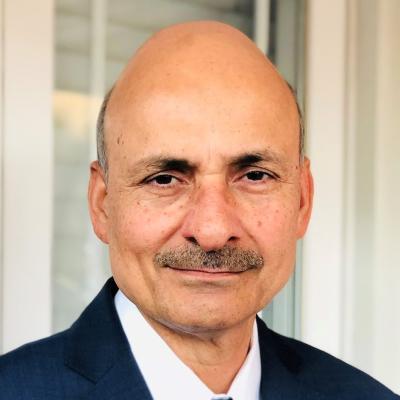
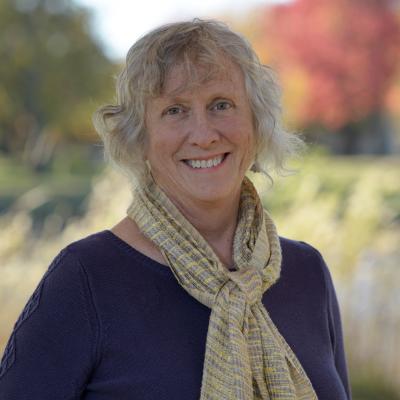
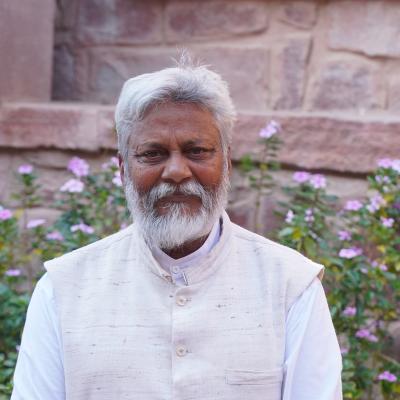
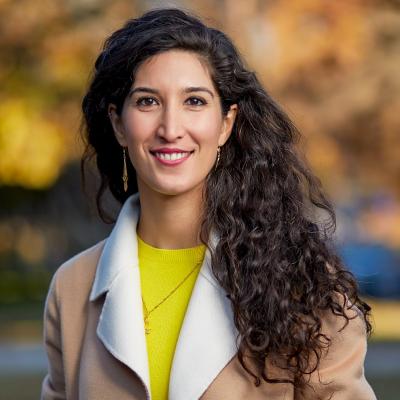
Moderators

This panel aims to provide a regional perspective on the pathways to a low-carbon future in the context of the scenarios to achieve the Paris Agreement goals. Panelists will discuss LNG as a transition fuel for displacing coal, the potential role of hydrogen as a clean energy carrier, new geographies of production and its multiple applications across sectors, as well as the role of renewable sources of energy.
Speakers
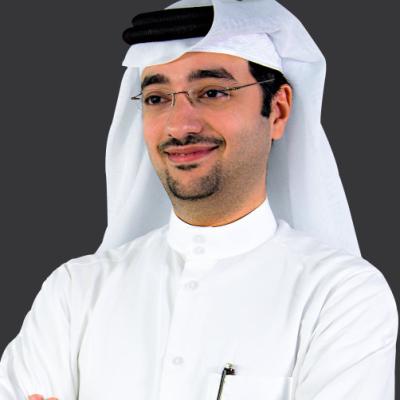
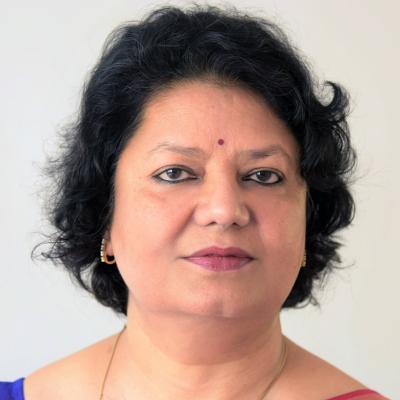
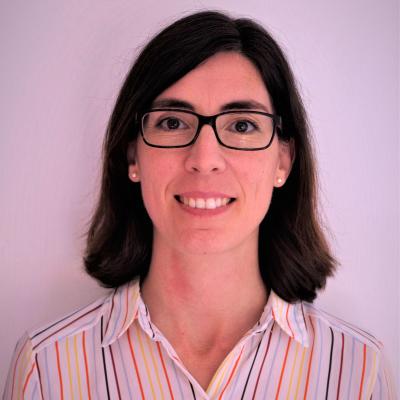
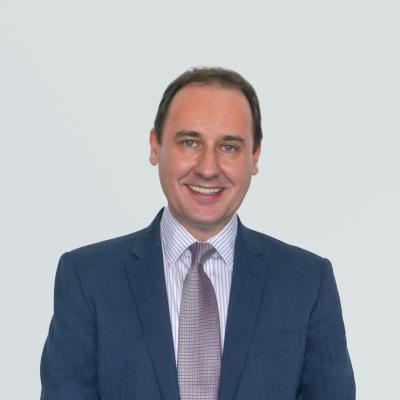
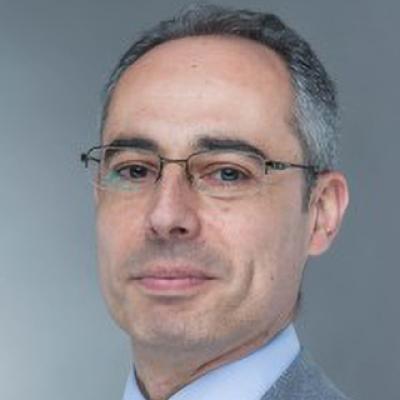
Moderators
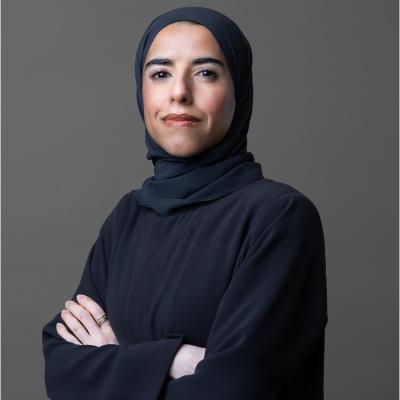
Rapid urbanisation and globalisation are reshaping urban landscapes, challenging the scalability of traditional architecture. Despite the rise of contemporary design, traditional architecture remains vital for its cultural significance, craftsmanship, and sustainable practices. This session will explore the integration of traditional design principles with today’s urban needs, aiming to create environments that respect tradition while addressing contemporary demands. Architects, urban planners and designers are essential in adapting traditional urbanism to contexts without compromising authenticity.
Speakers
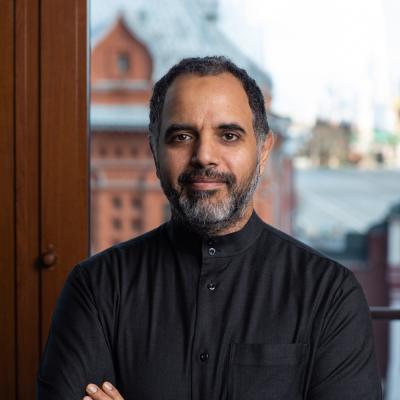
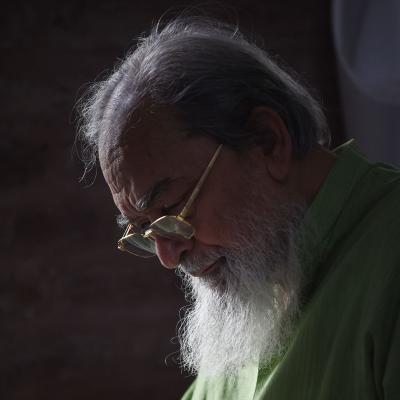
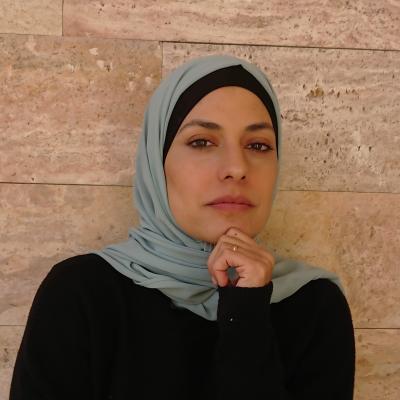
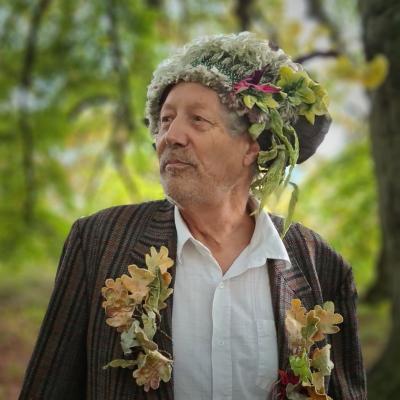
In the face of the triple planetary crisis marked by climate change, biodiversity loss, and global pollution, building resilience has never been more urgent. However, achieving the SDGs requires an estimated $4.2 trillion annually, $2.5 trillion of which is needed by the developing world. The recent decimation of global ODA commitments and an increasing disownment of climate targets by the public and private sectors significantly increase the barriers to mobilizing and effectively allocating funding.
This session will explore key challenges arising from this recent development, including fragmented financing mechanisms, absence of incentives for market-based solutions and barriers, and inadequate long-term investment. Panelists will discuss innovative solutions to overcome these obstacles, such as improved coordination of funding sources, barrier removal for private investment, the integration of resilience into financial systems, and empowering local communities to access and utilize resources for sustainable, long-term solutions.
Speakers
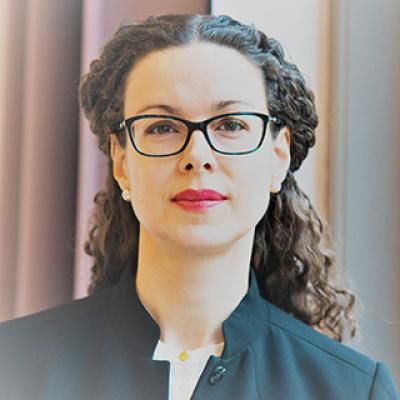
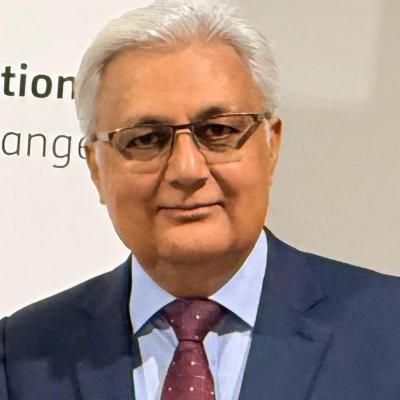
Moderators
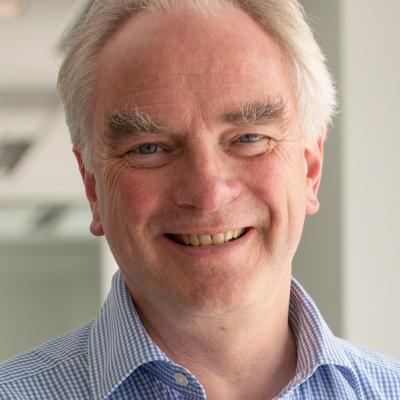
Cities are growing at an unprecedented rate—by 2050, nearly two-thirds of the world’s population will live in urban areas. As urbanization accelerates, there’s a renewed interest in the traditional urban design principles that have shaped cities for centuries, offering solutions to modern challenges like climate change, pollution, and biodiversity loss.
This session brings together experts to explore how traditional urban design—such as mixed-use neighborhoods, walkable streets, human-scale architecture, local materials, and community-driven planning—can help create more sustainable cities, especially in hot, water-scarce environments.
Speakers
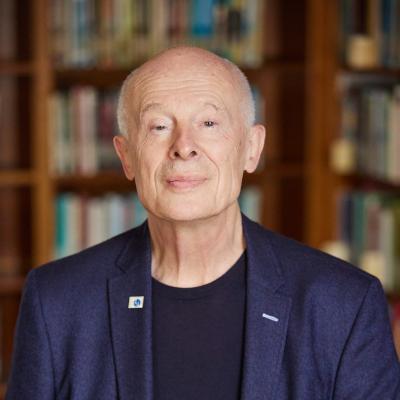

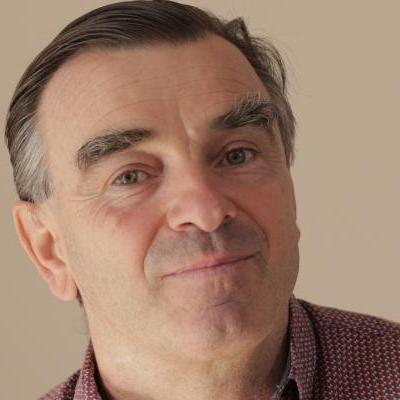
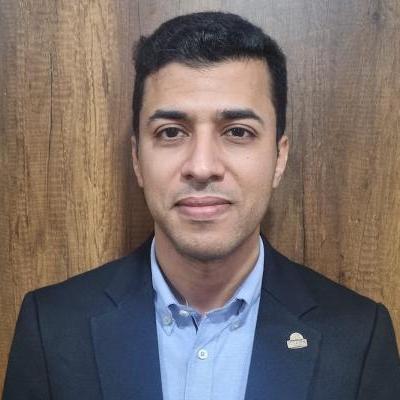
Moderators

As cities rapidly urbanize, traditional architecture and urbanism, rooted in local materials and passive design strategies, offer significant long-term economic, environmental, and social benefits. Unlike urban models that prioritize short-term financial returns, traditional approaches promote infrastructure resilience, cost efficiency, and sustainable urban growth. By integrating traditional urbanism into contemporary development, cities may reduce costs, enhance public health, and attract private investment. This session will critically examine the economic value of traditional architecture in today’s rapidly urbanizing world, focusing on cost efficiency, resilience, and social returns.
Speakers
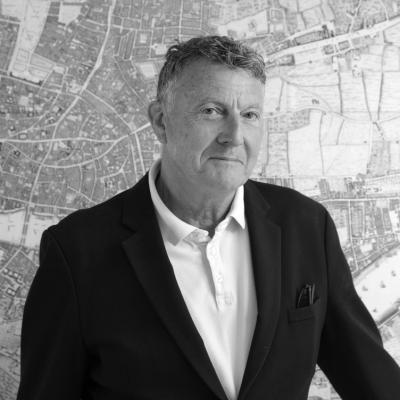
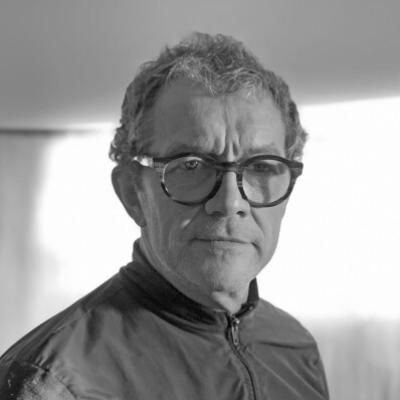
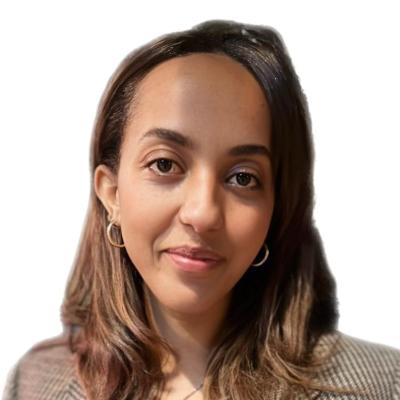
Moderators

Over 2.4 billion people (30 percent of the global population) were moderately or severely food insecure in 2023 and it is projected that close to 600 million people will be chronically undernourished in 2030. How can global cooperation strengthen food security in arid regions? What can we learn from the experience of ancestral and traditional approaches to food security? And what role is technology playing in enhancing food security?
This panel will convene leading experts and policymakers to engage in a critical discussion on harnessing food resilience in arid regions as well as explore pathways to combining traditional knowledge with technological innovations to ensure the implementation of durable, comprehensive, and adaptable solutions.
Speakers
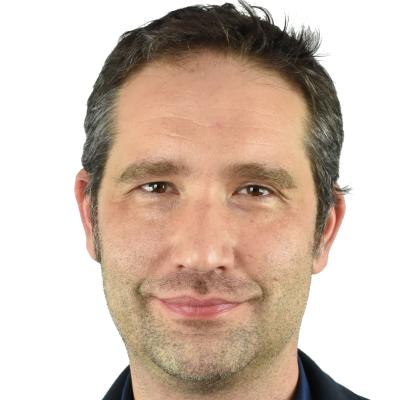
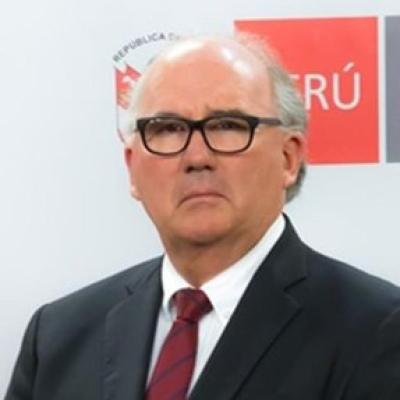
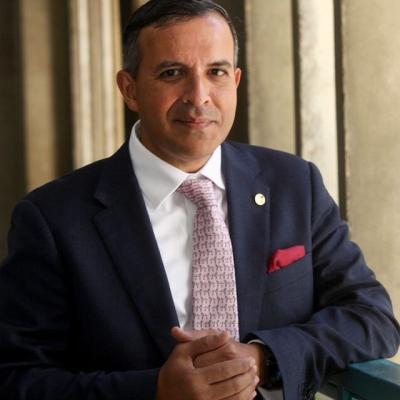
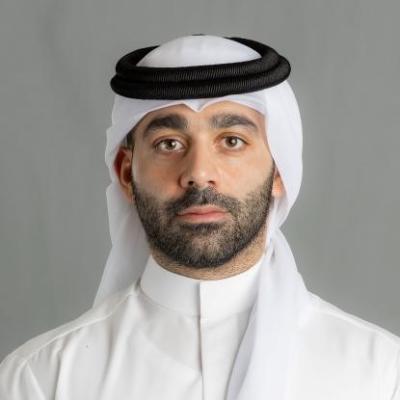
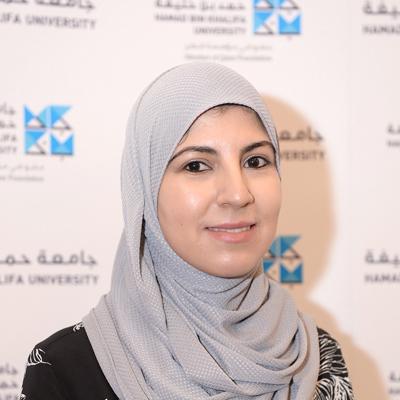
Moderators

With rapid urbanization—especially across Asia and Africa—cities face both immense challenges and exciting opportunities. How can we make urban spaces more liveable, efficient, and climate-resilient? This session explores the different strategies shaping sustainable cities, recognizing that government planners, private developers, and local communities often have distinct visions for the future. Through discussions on energy efficiency, urban mobility, green spaces, air quality, and waste management, this session will examine how these ideas take shape in real-world projects.
The discussion will dive into the role of technology, nature-based solutions, and circular economy principles in creating cities that are not only adaptable and thriving but also inclusive and just. With a particular focus on hot and arid regions—where climate resilience is especially urgent—this session will highlight what’s working, what’s challenging, and where we go from here.
Speakers
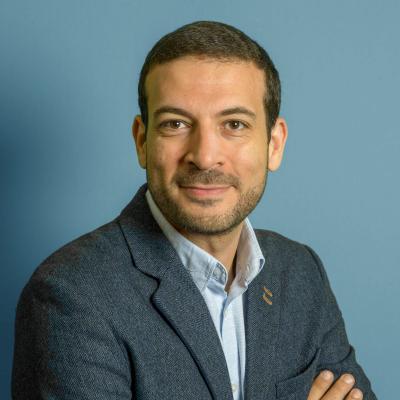
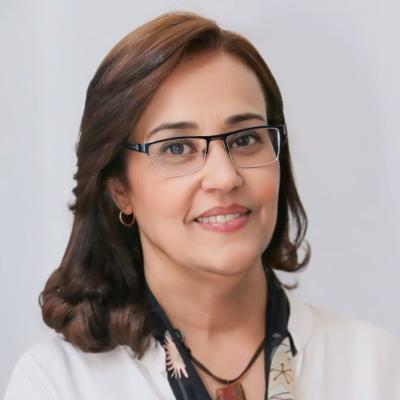
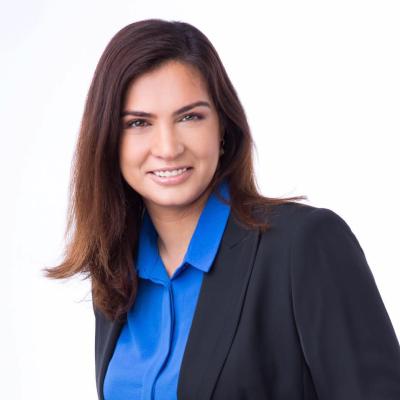
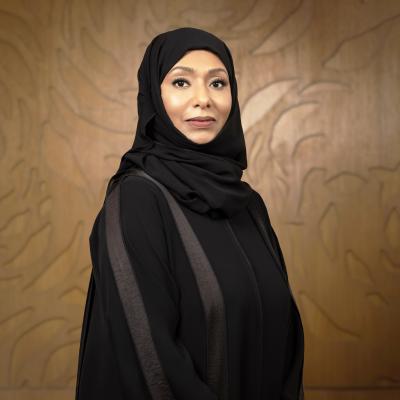
Moderators
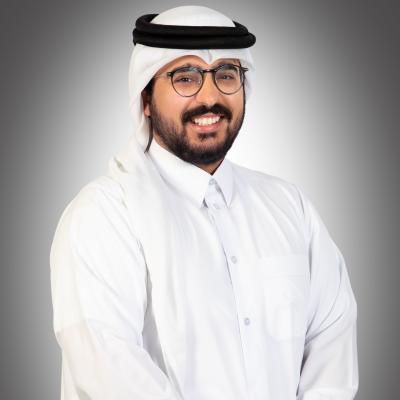
As the global movement toward a nature-positive future gathers momentum, this session will explore how societies can halt and reverse nature loss through systemic, science-based solutions. A nature-positive approach offers an opportunity to restore ecosystems, support biodiversity, and increase climate resilience, while creating economic and social benefits.
The discussion will cover key aspects such as the nature-positive concept and its measurement metrics, planetary boundaries (e.g. contamination, climate change, land-use change), the role of innovation and financing in aiding action, and the potential of ecotourism to support conservation. It will also feature perspectives from global organizations and a localized lens through ongoing projects and research in Qatar.
Speakers
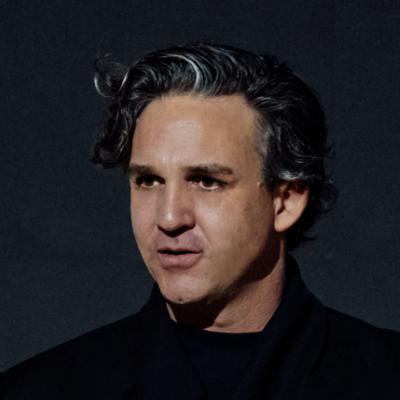
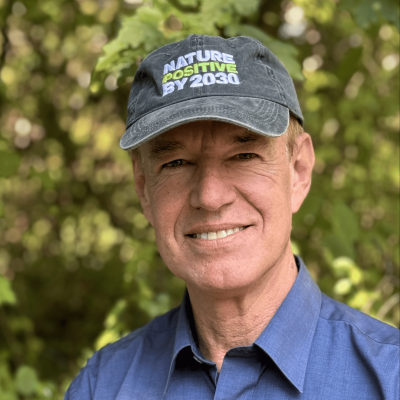
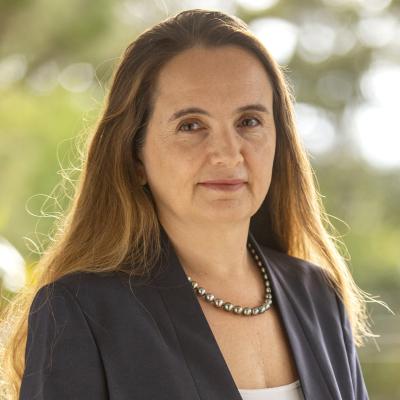
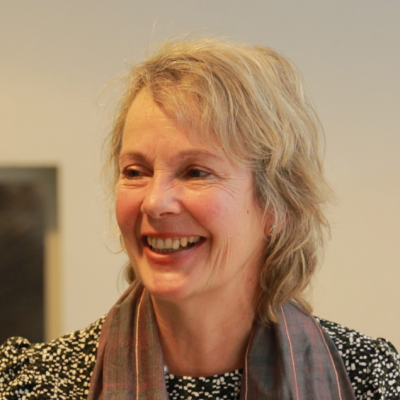
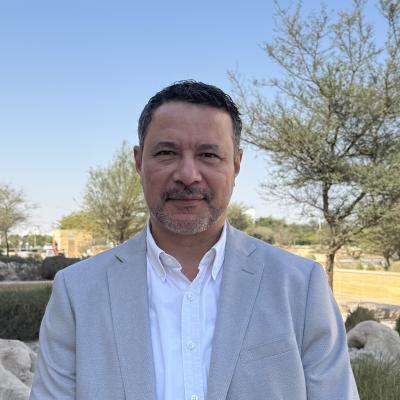
Moderators
